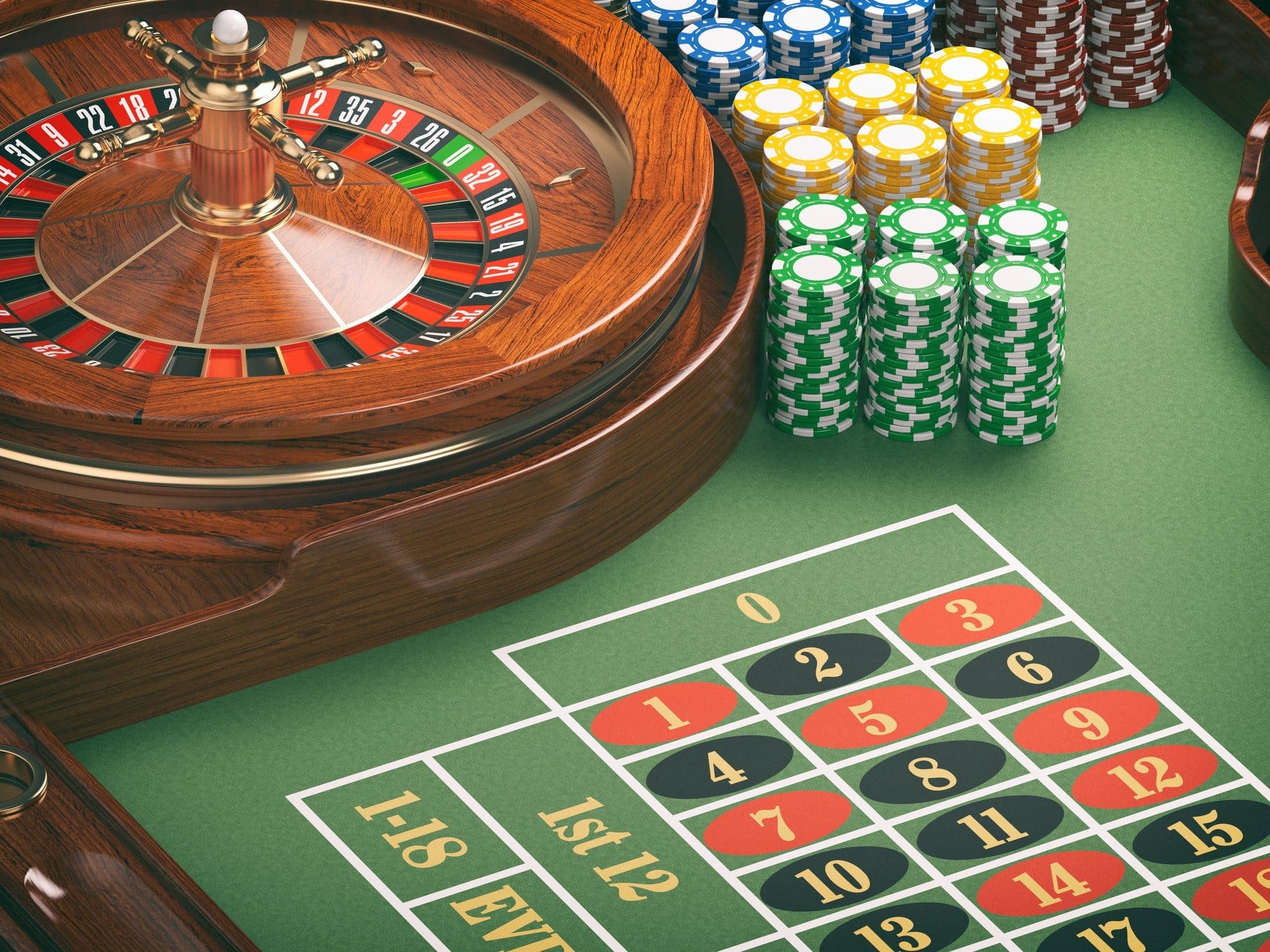
Gambling games have long been an integral part of human culture, delivering not just entertainment but a intriguing reflection of our aspirations, wishes, and fears. From the turning reels of a slot machine to the strategic gameplay of poker, these games encapsulate a spectrum of human feelings and experiences. At their core, casino games are not just a chance to win money; they are a microcosm of life itself, where risk and reward intertwine and fortunes can change in an eye blink.
As players gather around tables or sit in front of vibrantly illuminated machines, they take part in a ritual that transcends mere gambling. These games reflect our instinctive desires for relationships, excitement, and the search for fortune. They also unveil deeper truths about human psychology, such as our relationship with luck and the adrenaline of the unknown. In exploring casino games, we uncover not only the rules of play but also the rich tapestry of the human experience, showcasing our woven narratives of goal and reality.
The Psychology of Gambling
Gambling is intrinsically connected in the psyche of individuals, tapping into various feelings and desires. The thrill of risk-taking is a fundamental aspect that attracts participants, be it it’s excitement of spinning a roulette or the anticipation of drawing a winning hand in poker. This adrenaline is frequently likened to other forms of thrill, as the uncertainty of outcomes elicits a unique psychological response. Gamblers often find themselves captivated by the chance of winning big, leading to an almost magnetic draw toward gambling games.
Another, a crucial component of the psychology behind gambling is the concept of optimism and aspiration. Participants often nourish fantasies of financial freedom and the luxurious lifestyle that can follow winning. This optimism fuels their continued participation in casino games, as it provides a sense of meaning and the belief that a transformative win could be just one bet away. The story of beating the odds and achieving success resonates with many, strengthening their dedication to play and involve themselves with these games.
Lastly, social aspects play a crucial role in gambling psychology. non GamStop Gambling venues are designed to foster social interaction, where gamblers gather to share the journey of wins and losses. This shared aspect not only amplifies enjoyment but also affects behavior, as individuals often mimic the actions of others in their vicinity. The social validation found in mutual thrill can enhance the emotional experience, making casino games a reflection of not just personal desires but also collective engagement within the gambling community.
## The Dual Nature of Risk and Reward
Gambling games embody the subtle balance between danger and reward that resonates deeply with the human experience. The rush of placing a wager is often accompanied by a rush of adrenaline, as players are confronted with the chance of winning big, yet fully aware of the risk to lose. This dual experience reflects a core aspect of life: the paths we choose often come with inherent risks, and the pursuit of reward can drive us to make risky moves we might not normally consider. In this way, casino games mirror real-world choices, enticing gamblers to risk not just their capital, but also their hopes.
The allure of grand jackpots and winnings fuels a sense of optimism, motivating gamblers to dream of a brighter future that could manifest from a single victorious spin of the wheel or turn of a card. This hope can drive individuals to engage in more daring actions, urging them to take greater risks in search of monetary success. However, just as in life, the consequences of these decisions can lead to both victory and despair. The narratives of both jackpot winners and those who have suffered everything at the casino demonstrate the chaotic nature of chance and its impactful repercussions on our futures.
Ultimately, the interaction of engaging with casino games serves as a strong reminder of the nature of humanity. Every round played is imbued with the tension of ambiguity, as gamblers weigh the gains against the risks. This dynamic not only highlights the thrill that comes with betting but also unveils the risks that come with the longing for more. As we navigate the challenges of decision-making and results in both the casino and in life, we find that the pursuit of risk and reward shapes our identities and experiences in significant manners.
Society and Loneliness in Gambling Environment
Gambling environment is a special combination of communal interaction and personal pursuit, reflecting the contrasts of human experience. Players often come together around tables, experiencing in the thrill of the action, celebrating wins, and sympathizing over losses. This communal aspect is essential, as it fosters a sense of community and camaraderie among varied groups of people. Regular attendees to gaming establishments may form friendships and develop routines, turning the casino into a alternative home where they experience connected to a greater community of players.
However, the attraction of casino activities can also lead to loneliness. As individuals become immersed in the thrill of playing, they may isolate from personal connections or neglect to engage with the environment outside the casino. For some, the search of a windfall can distract from real relationships, leading to loneliness. The situation of being among others yet experiencing solitary is not rare, as the focus shifts from shared enjoyment to the private stakes of each individual’s path.
This interplay of society and isolation creates a vivid tapestry that defines casino atmosphere. It highlights the complexity of human interactions, where happiness and sorrow coexist. Gambling venues serve as both a refuge for social interaction and a stage for individual struggles, illustrating how deeply connected our yearning for companionship and the personal quest for wealth can be. In navigating this landscape, players confront their own stories—seeking both the thrill of the game and the companionship of fellow players, ultimately mirroring the broader spectrum of human experience.
